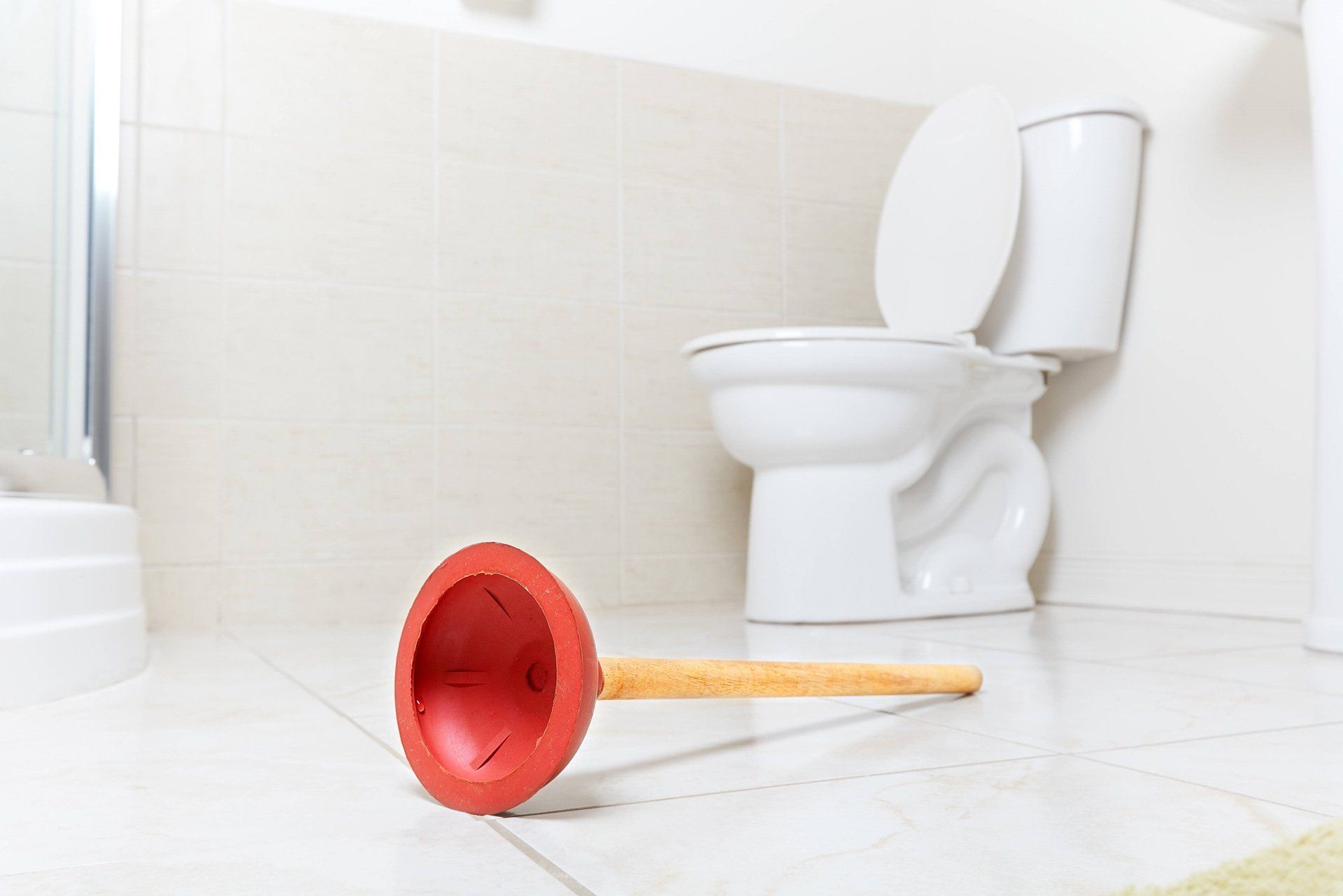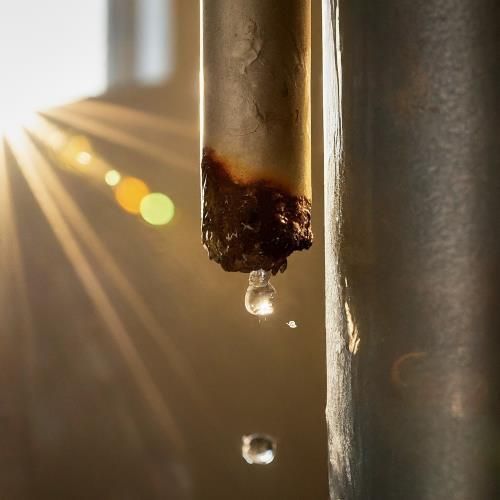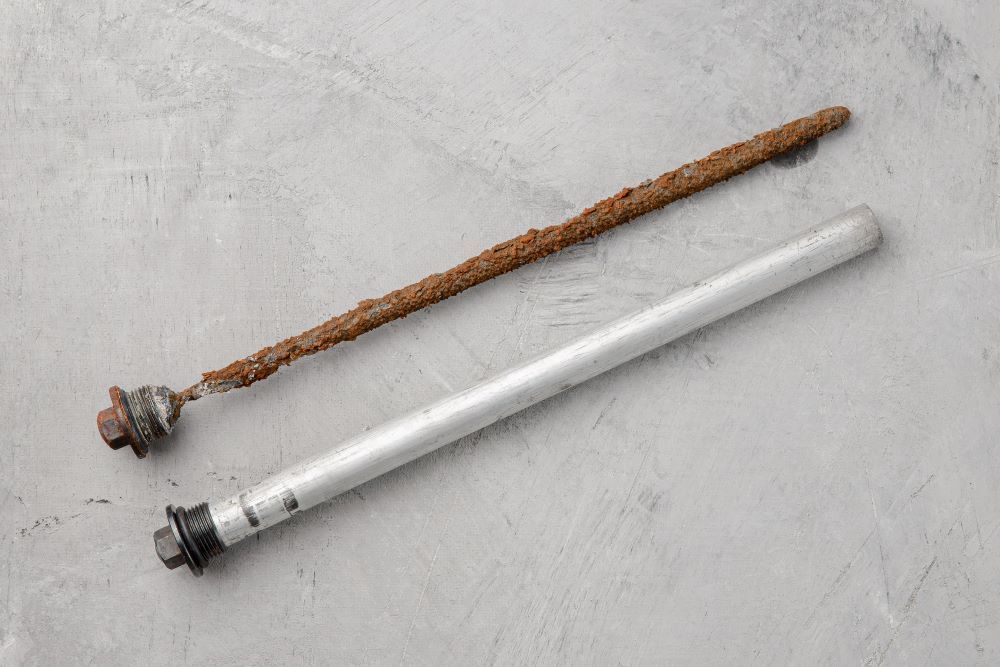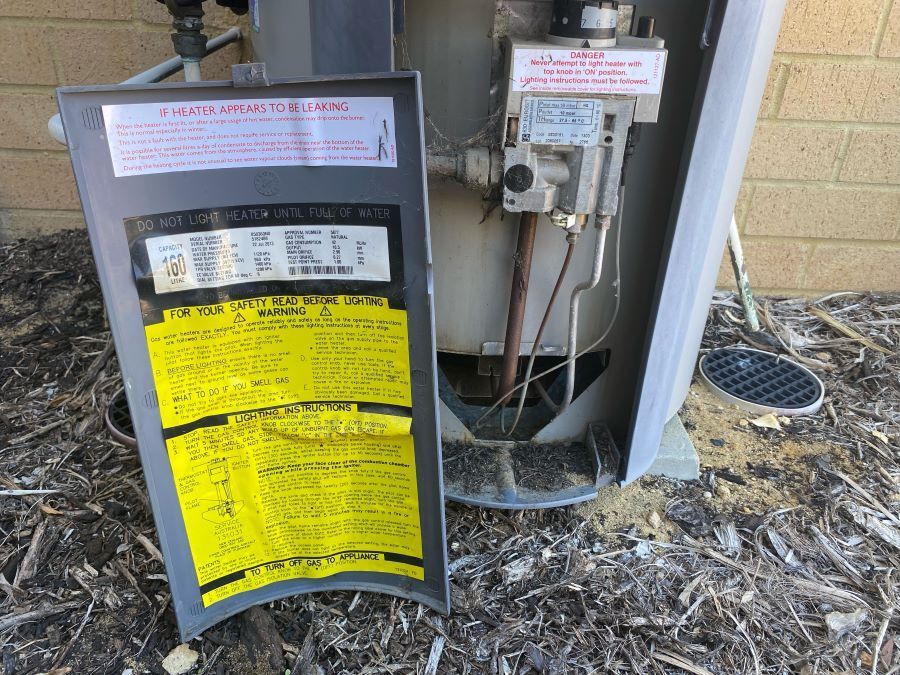8 Things You Should Never Flush Down the Toilet

The toilet is one of the most common places for blockages to develop. If you have a toilet that stinks up your bathroom, it could be because it has become blocked and foul-smelling. To avoid experiencing such plumbing problems, you must remain aware of what should not go down the pipes.
While many people consider the toilet to be a place to get rid of their litter, there are many things you should never flush down the toilet. Even if you don't flush these things every day, it's still important to know what they are and how they can cause problems in plumbing systems. Below are eight things you should never flush down the toilet.
1. Flushable wipes
Flushable wipes are similar to toilet paper but are pre-moistened with a cleansing solution specifically made to effectively and gently clean after using the bathroom. Flushable wipes can be used as an alternative to toilet paper. However, they don't have similar properties as toilet paper.
Despite their name, flushable wipes are not flushable. Therefore, flushing flushable wipes down the toilet will eventually result in plumbing problems. Also avoid flushing baby wipes, makeup wipes and cleaning wipes.
2. Paper towels and facial tissues
Although you might not think facial tissues and paper towels differ much from toilet paper, they are just not made to decompose similarly. If you must substitute facial tissues or paper towels for toilet paper, throw them away in a waste container instead of flushing them down the toilet to avoid clogging.
3. Cotton balls, rounds, or swabs
Cotton-made products are responsible for most clogged toilets. They are flexible and small and can decompose only after a long time. Therefore, you should not flush cotton-made products down the toilet as they can clump together in your toilet pipes, causing plumbing issues down the line.
4. Feminine hygiene products
Disposing of feminine hygiene products such as tampons and pads has always been challenging for women as they are not flushable. These feminine products are designed to absorb water, not disintegrate in it. These products absorb water and expand once flushed down the toilet, obstructing your toilet pipes.
5. Dental floss
Floss is made of nylon or Teflon; therefore, it shouldn't be flushed down the toilet. When you flush dental floss down the toilet, it can mix up with other items, such as hair, paper towels, and wet wipes, creating large balls that can clog sewers and pumps.
6. Condoms
Condoms are made from latex and are not designed to disintegrate in water. Condoms aren't only disgusting when they clump up in public sewer lines but are also harmful to your toilet pipes. When flushed down the toilet, condoms can clump together with other items, creating large balls that can clog your septic tanks and toilet pipes.
7. Diapers
Just like feminine hygiene products, disposable diapers are made to absorb water and can't break down in it. Flushing diapers down the toilet is a prevalent mistake that can seriously clog your toilet pipes in no time.
8. Contact lenses
More than a hundred million people use contact lenses daily throughout the world. Therefore, billions of contact lenses may end up in toilet pipes. Contact lenses are made of plastic materials, and plastics are non-biodegradable. Therefore, flushing used contact lenses down the toilet will create billions of indecomposable microplastics in your toilet pipes, leading to plumbing issues.
Hopefully, these tips have given you a better understanding of what your pipes are going through every time you flush. Remember, don't flush anything that doesn't need to go down the toilet. It's dangerous to both you and the environment.
Moreover, if your toilet pipes have clogged, avoid the dangers of fixing them yourself and call professional
Adelaide Plumber to unclog your toilet pipes.
Other plumbing articles



